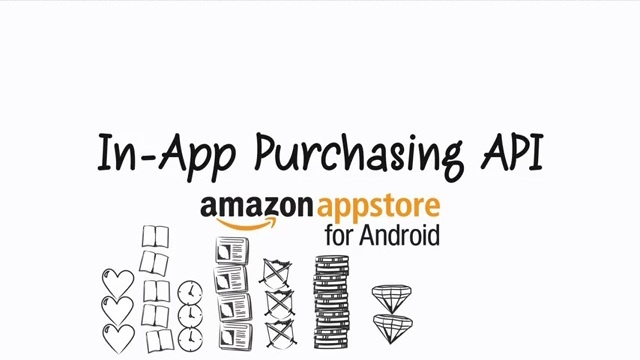
Boeing has announced plans to manufacture secure Android devices for U.S. government defense and security markets and you can bet your tax paying dollars these handsets will put carrier pricing to shame. Roger Krone, president of Boeing Network and Space Systems, was quoted as saying that Beoing was aiming to launch the device in late 2012, at a lower price than competitors who sell secure phones for as much as $20,000. Yep, you read that right, our government is paying upwards of $20,000 for a secure phone (talk about an expensive incognito mode).

Vodafone and Samsung have finally made Ice Cream Sandwich available to Vodafone Samsung Galaxy S II users. Starting today, users will be able to update to Android 4.0.3 via Samsung’s Kies software. For those who can’t be bothered with Kies, you’ll have to wait another few days before Vodafone begins pushing the update OTA.

We’re always hearing about possible Android malware and whether or not it’s simply FUD, we’re here to report it and remind you of the common-sense ways of protecting yourself. The latest Android malware scare comes to us from security research company NQ Mobile. According to NQ Mobile, their research has uncovered a new UpdtBot malware application file that is disguising itself as a system upgrade. NQ Mobile reports more than 160,000 Android users have been affected by UpdtBot and that it is spreading via SMS messages. Once installed, UpdtBot registers a remote Command and Control (C&C) server, which instructs the infected device to send text messages, make phone calls, and download and install apps.
![]()
It looks like we only have one more month before the world’s first Intel-powered smartphone is launched and we’ll finally get to see just how well the Medfield processor performs. Sean Maloney, chairman of Intel China, announced that the Lenovo K800 will be launching next month, and although he didn’t give us any specific dates, he did reveal the inclusion of Intel’s “Avatar” technology (nothing to do with James Cameron).

While the majority of app markets have already adopted this digital scheme, Amazon has just today announced the open availability of their in-app purchasing API. The in-app purchasing API will allow developers to offer digital content to its users in the form of microstransactions. Content such as expansion packs, weapon upgrades, etc. become available to purchase from within the app and usually cost less than a dollar. This monetization model has gained much traction as of late and while the majority of developers implement it in a morally acceptable manner, others simply try to nickel-and-dime users by making their apps virtually useless unless you pony up for the additional content.


